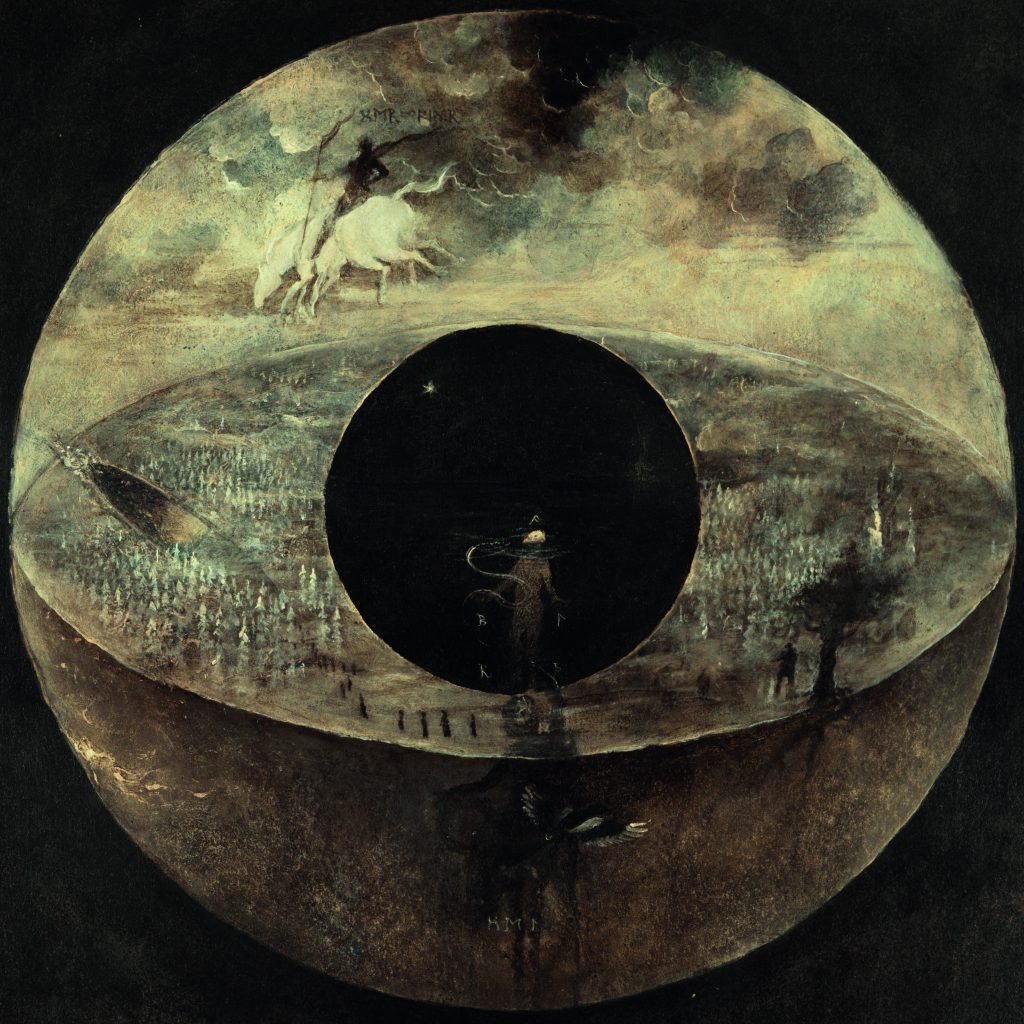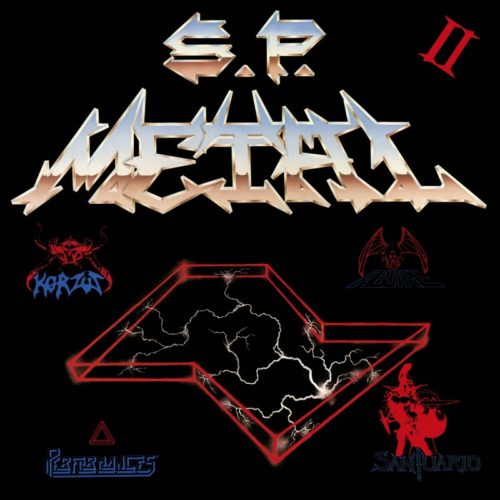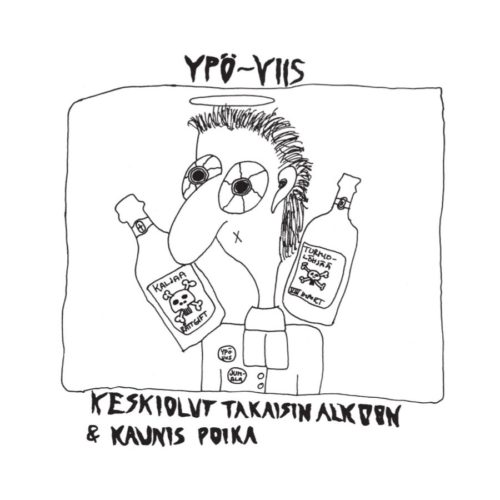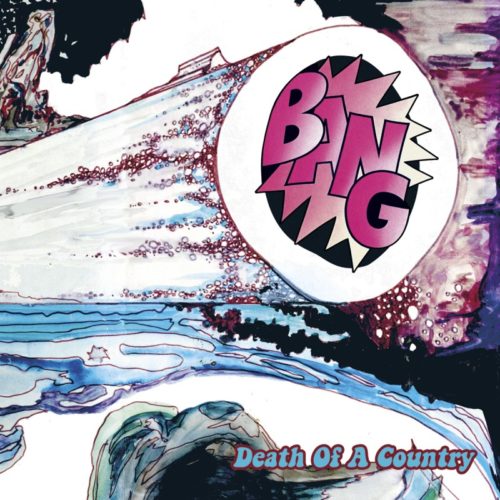Description
Milky clear vinyl, limited to 350 copies. Vintage style tip-on sleeve.
“Guitarist Stephen O’Malley conjures distorted chords, controlled by a bank of effects pedals; vocalist Attila Csihar, famous for his time as singer for notorious and controversial black metal band Mayhem, ritualistically intones invented syllables that echo monastic chants; experimental musician Oren Ambarchi extracts strange sounds from his own looped guitar before moving to a drumkit to propel a scattered, urgent rhythm. Momentum overtaking him, a drumstick slips from Ambarchi’s hand, he breaks free of the drum kit, grabs for a beater, turns, and smashes the gong at the centre of the stage. For two long seconds the all-encompassing rumble that has amassed throughout the performance drones on with a kind of relentless inertia, still without a sonic acknowledgement of the visual climax. Finally, the pulsating wave from the heavily amplified gong reverberates through the corporate body of the audience, felt in physical vibration more than heard as sound. The musicians leave the stage, their abandoned instruments still expelling squalling sounds which gradually begin to dissipate. Listeners breathe out, perhaps open their eyes, raise their heads, shift their feet and awaken enough to clap and shout appreciation, before turning to friends or strangers, reaching for phrases and gestures, often in a vocabulary of ritual, mysticism and transcendence, which might become touchstones for recollection and communication of their individual and shared experience.”
–Description of Gravetemple performance at Roadburn Festival, Tilburg – 18 April 2013. Owen Coggins, ‘The Invocation at Tilburg: Mysticism, Implicit Religion and Gravetemple’s Drone Metal’ Implicit Religion 18.2 (2015), p.209-10.
Imploding, abstracting and distorting the concepts of ceremony, volume and density since 2006, surrealist, esoteric and experimental rock band Gravetemple (Oren Ambarchi, Stephen O’Malley and Attila Csihar) return with a new album, Impassable Fears, recorded at Orgone with Jamie Gomez and following the invocation described above in the Netherlands.
The spiritual, existential and metaphysical are key concerns for Gravetemple to explore sonically. Vocalist Attila, who hails from Budapest, expands on these intentions:
“The aim is to break boundaries and to find new horizons via the challenging of our own concepts of existence via the channels of musical trance. To me it is like a contemporary way of Shamanism. The Shaman in our ancient Hungarian tradition is a person who can see both the material and spiritual worlds and himself or herself is the bridge or the channel between. The connection to our deepest inner self is very primal and in a way sometimes infantile. We humans have encoded instinct to survive which ends up in the “Impassable fear” of Death. We challenge that primal fear by expecting whatever comes in our way on our musical journey. It’s about accepting whatever that each moment brings… Gravetemple is very special because here we are seeking trance while playing and recording music together. Almost like a spiritual experience.”
These ideas are expanded upon in the article quoted above by Owen Coggins, a study exploring Gravetemple’s live performances and aspects of implicit religion and mysticism in the devotional following of those who are disciples of metal and of the band’s own highly wrought interpretation of it. In it Coggins uses the writings of Jesuit and psychoanalysis scholar Michel de Certeau and his study of a 1634 century account of demonic possession and witchcraft trial in France as a model for this comparison in which he concludes:
“Certeau’s theatre presents a history of the possession as a dramatic manifestation of social anxieties within explicit and institutional religion: an “outbreak” in which “the nocturnal erupt[ed] into broad daylight”. In the Gravetemple shows, there seems to be something like the reverse, where, in an ostensibly secular touring performance, something of a crisis or question is summoned, that is situated as being implicitly and ambiguously religious. Through the invocation of these sounds, images and symbols, an experience is marked as ritualistic, spiritual, ceremonial, transcendent, meditative, and mystical.” (Coggins 2015, p228).
Gravetemple’s latest incantation, Impassable Fears, is a recording of such manifestations, continuing chief concerns laid forth since their inception: ceremony, volume, density.




